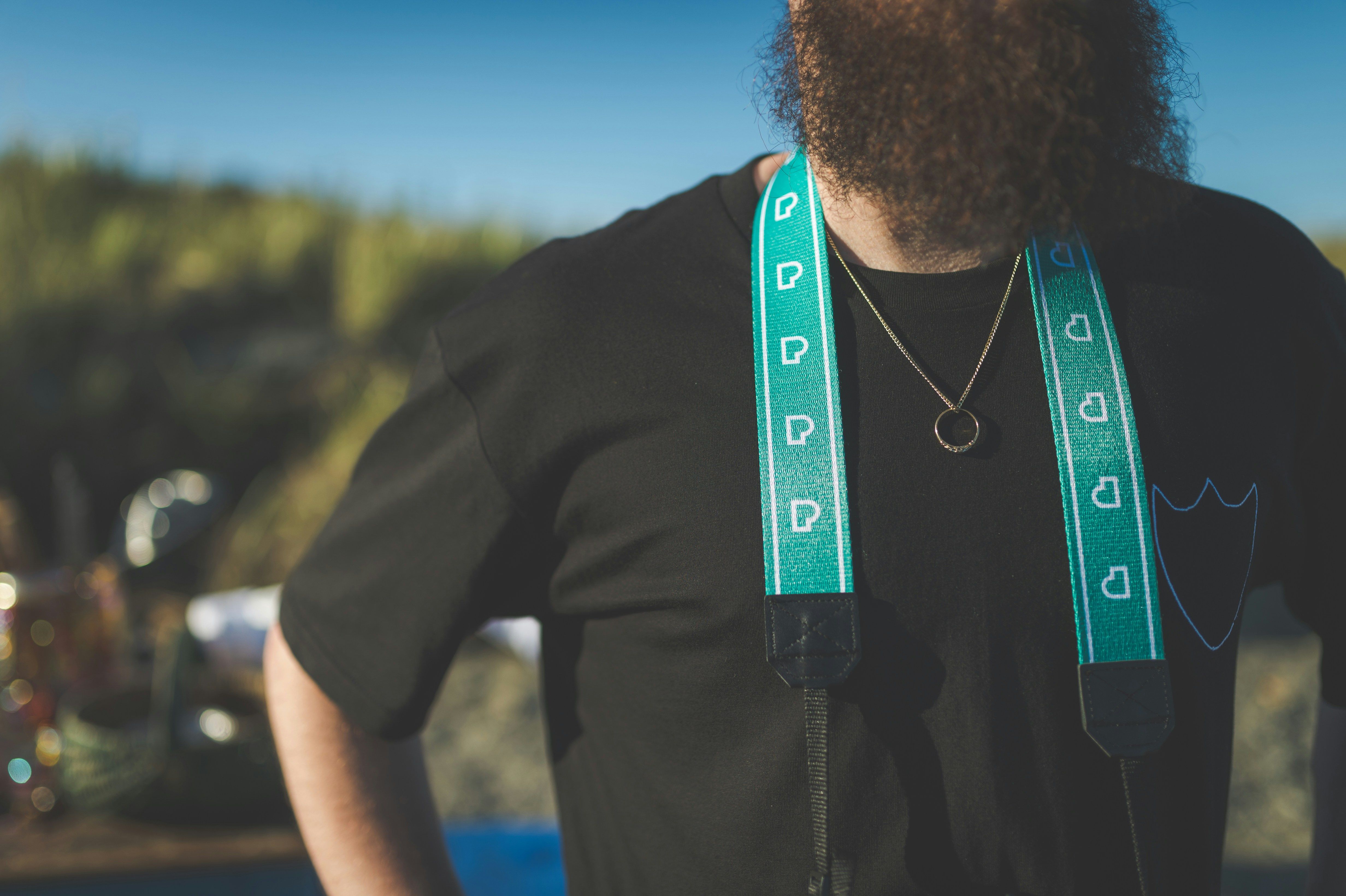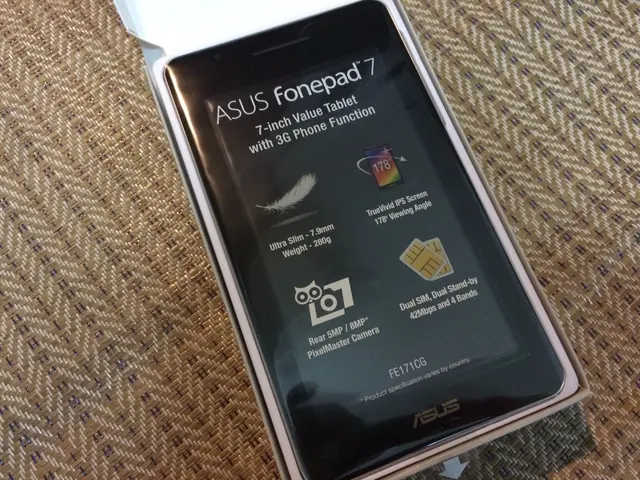Xbox's portable gaming device, initially planned by the first-party team, has temporarily taken a backseat, with Microsoft focusing more on the enhancement of 'Kennan' and the optimization of Windows 11 for PC gaming.
Microsoft's Plans for a Native Xbox Handheld on Hold, Shift in Priorities for Windows Gaming Improvements
In an unexpected turn of events, Microsoft has decided to pause its development plans for a first-party Xbox handheld device. Initially slated for a possible launch around 2027, the handheld, which was intended to be a counterpart to the Xbox Series X successor, is now taking a backseat.
According to new information, Microsoft has opted to prioritize its efforts on enhancing the gaming experience for Windows 11, particularly for third-party devices such as the upcoming ASUS ROG Ally, codenamed Project Kennan, scheduled for release later this year [1][2]. The partnership between Microsoft and ASUS is a crucial part of this strategy, with the hardware for their Xbox-branded handheld largely complete, while software optimizations continue.
This shift implies that Microsoft's internal Xbox handheld project has been temporarily shelved [2]. While the unseen device is still under development, its release timeline is now less likely to meet the 2027 deadline. The first-party handheld was designed to run full Xbox games natively, signaling Microsoft's high-performance intentions for the device [2].
In the meantime, Microsoft is focusing on optimizing Windows 11 for gaming on third-party devices, including the ASUS ROG Ally and others yet to be announced. This move involves dedicating development teams to enhancing the Windows gaming experience at both the base layer and Xbox software components to support current and future third-party gaming handheld hardware [2][3].
This change in strategy seems to be in response to increased competition in the gaming handheld market, especially from Valve's SteamOS, which is highlighting performance and efficiency challenges that Microsoft aims to address through Windows 11 optimization [3].
While the attention shifts away from the first-party Xbox handheld, the schedule for the Xbox Series X successor remains undisturbed, with a 2027 launch still planned [3][5]. In summary, Microsoft has temporarily paused its first-party Xbox handheld project in favor of optimizing the gaming experience on third-party devices running Windows 11, with the Xbox Series X successor set to debut as planned.
[1] Microsoft's ASUS partner device "Project Kennan" expected to launch by the end of 2025.[2] Microsoft's unseen first-party handheld is now on hold, with the device reportedly designed to run full Xbox games natively.[3] Microsoft to focus on improving Windows 11 gaming performance to support third-party OEM gaming handhelds.[5] Xbox Series X successor still on track for a 2027 launch.
- The development of Microsoft's first-party Xbox handheld device has been temporarily paused.
- Instead, Microsoft is prioritizing the enhancement of Windows 11 for gaming on third-party devices like the upcoming ASUS ROG Ally.
- The ASUS ROG Ally, codenamed Project Kennan, is scheduled for release later this year, with Microsoft and ASUS in partnership for its hardware.
- Microsoft's plans for a native Xbox gaming handheld, originally intended for a 2027 launch, have taken a backseat due to these shifting priorities.
- The first-party handheld was designed to run full Xbox games natively, demonstrating Microsoft's focus on high-performance gaming devices.
- This strategy change appears to address competition in the gaming handheld market, particularly from Valve's SteamOS.
- Meanwhile, the launch of the Xbox Series X successor is still planned for 2027, remaining undisturbed by these alterations to Microsoft's handheld gaming device strategy.







